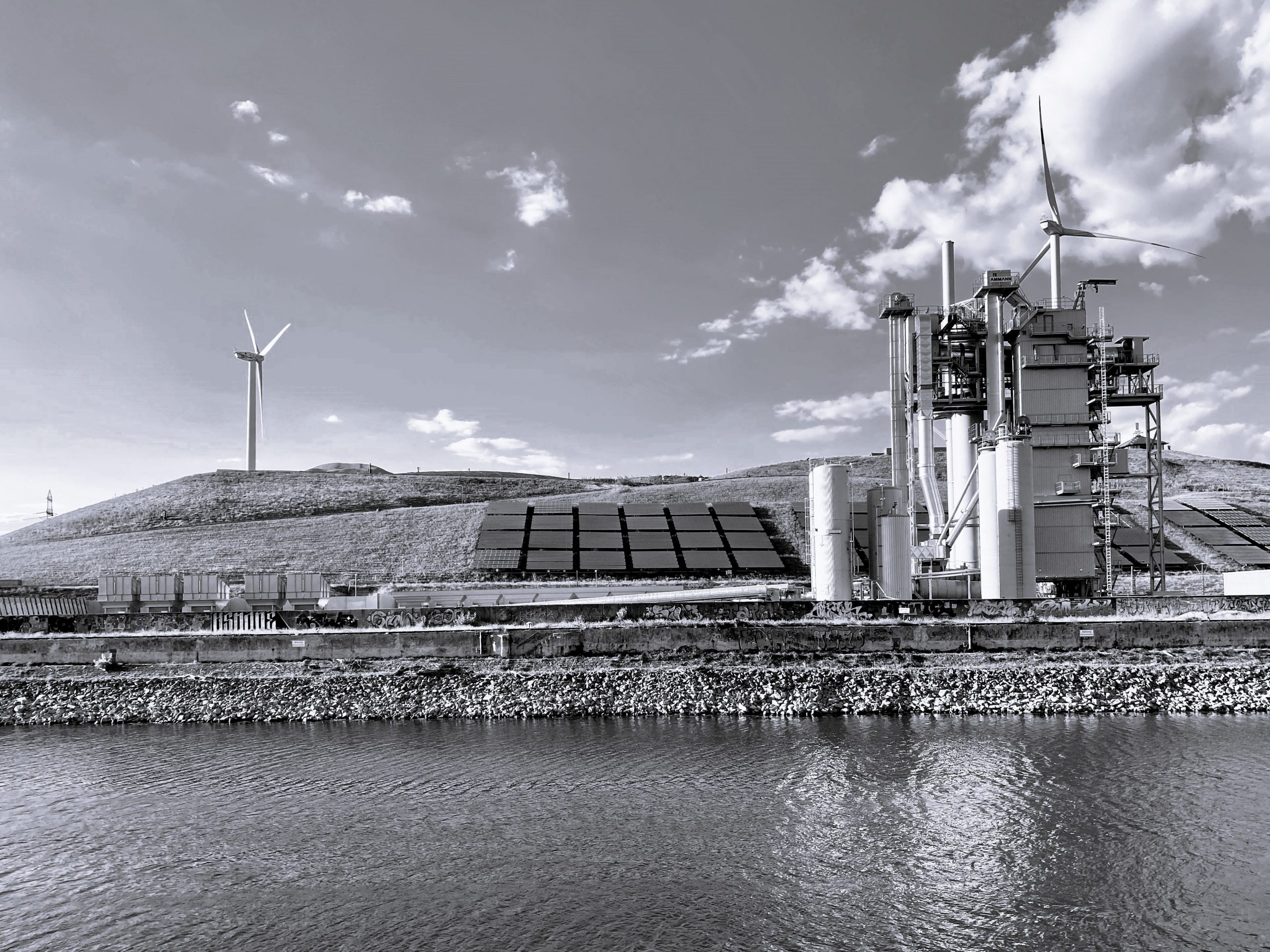Solving the looming twin crises of biodiversity loss and climate change is going to require a heck of a lot of innovation – we need new skills, markets, finance, policy, regulation, buying habits, production models, the list goes on. At the top of that list is data. Data to evidence the solutions we deliver, and importantly, technology to help us collect and monitor the data in the first place.
For those of us working in delivering nature-based solutions, nature data and nature tech are key to unlocking the business case for land use change and scaling ecosystem service delivery. In the name of ecological and climate resilience we need to restore our river systems and wetlands, regenerate our soils, increase our native broadleaf woodlands, rewet our peatlands, plant more hedgerows, restore precious habitats like heathlands, saltmarsh and species rich grasslands and increase the amount of regeneratively-grown nutritious food we produce. To do this as well as we can, we need data and technology. We need to know what we’re working with – our baselines – and we need to model and monitor the impact of our management. This is critical if we want to value and monetise the ecosystem services we are generating, and if we want to harness investment into our new business models.
At a policy level, Westminster has been plugging the concept of ‘public money for public goods’ for the past five years. Land managers in England are now paid for environmental actions. Good news, however, there is one data-sized flaw in this new policy. There is no specific requirement (or support) to collect comparable data on ecological outcomes for these government funded schemes. This is a missed opportunity, as the government could be doing more to make useful, comparable data collection a pre-requisite of these schemes. We need a national emphasis on collecting environmental evidence if we truly want to be leaders in high integrity ecosystem restoration.
So, what do I actually mean by nature data and tech? Let’s break down these buzzwords with some real-life examples.
Firstly, tech that can enable us to actually deliver nature-based solutions. My favourite example is NoFence, an innovative livestock management technology that replaces traditional physical fencing with a virtual fence system. Utilizing GPS and audio signals, NoFence collars enable us to increase grazing platforms and scale conservation grazing into areas previously un-fence-able, and to track every movement of our animals whilst doing so. I am working on a 100-year heathland restoration project which simply wouldn’t be conceivable without this awesome technology. It’s modern tech that enables us to reinstate natural processes into our landscapes.
Then there is the tech that helps us identify nature within these landscapes. BioAcoustics from companies like WilderSensing enable us to detect the types and abundance of birds, bats, insects, mammals and amphibians in a non-invasive, scalable way. Open access identification apps like Merlin and Seek are incredibly powerful for public engagement and education. Satellite data is critical for identifying habitats and land use change. The Space4Nature project combines citizen science, satellite technology and AI to develop better accuracy in mapping habitats remotely.
There are many more examples out there of awesome technology that help unlock the data we need for a nature-rich economy. The dream of dashboards that show quantified ecosystem services flowing from regenerating landscapes in real time is not at all far from reality.
Of course, nothing comes for free. The expanding capabilities of AI and data generation have a growing environmental impact. The extra energy required to run data centres and operate AI models is significant. Estimates suggest that one AI search requires ten times the electricity of a Google search, and according to the World Economic Forum, Google’s greenhouse gas emissions were almost 50% higher in 2023 than in 2019, largely due to the energy required for data centres. Then there is the water that is required to cool the data centres. According to the Independent, Microsoft’s water consumption rose 34% between 2021 and 2022. A salient reminder that we have to use new technology efficiently. There is no doubt that AI can help us transition to a greener economy, but we mustn’t be reckless. It is one tool that, like all other tools, must be used intelligently and precisely.
The phrase ‘you can’t manage what you don’t measure’ is often whipped out to explain the need to collect data. For nature, it’s an unashamedly anthropogenic perspective, which is justified. We are never going to fully understand or measure the total miraculous-ness of nature – it’s too complex and smart for our simple brains. However, as humans, we put ourselves into this environmental mess, so it’s up to us to pull ourselves out of it, with all the tools and data we need to help us.




